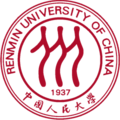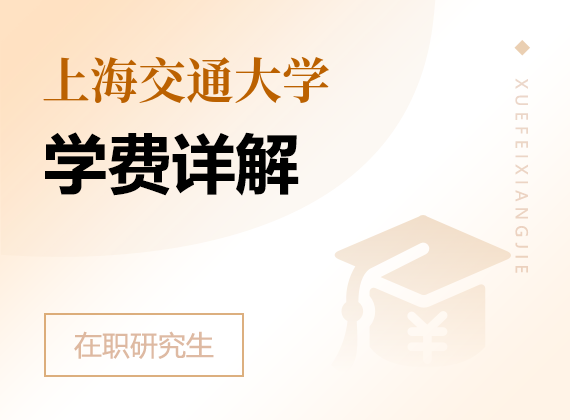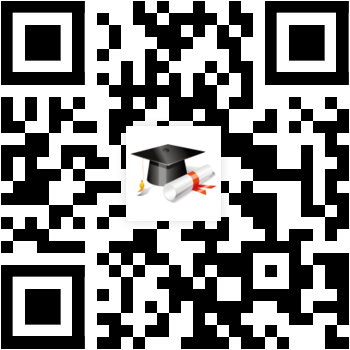2023年全国硕士研究生英语一真题答案及解析(二)
来源:在职研究生招生信息网 发布时间:2022-12-26 15:06:13
Text 3
If you’re heading for your nearest branch of Waterstones in search of the Duchess of Sussex’s new children’s book The Bench, you might have to be prepared to hunt around a bit; the same may be true of The President's Daughter, the new thriller by Bill Clinton and James Patterson. Both of these books are published next week by Penguin Random House, a company currently involved in a stand-off with Waterstones.
The problem began late last year, when Penguin Random House confirmed that it had introduced a credit limit with Waterstones “at a very significant level”. The trade magazine The Bookseller reported that Waterstones branch managers were being told to remove PRH books from prominent areas such as tables, display spaces and windows, and were “quietly retiring them to their relevant sections”.
PRH declined to comment on the issue, but a spokesperson for Waterstones told me: “Waterstones are currently operating with reduced credit terms from PRH, the only publisher in the UK to place any limitations on our ability to trade. We are not boycotting PRH titles but we are doing our utmost to ensure that availability for customers remains good despite the lower overall levels of stock. We do this generally by giving their titles less prominent positioning within our bookshops. “We are hopeful with our shops now open again that normality will return and that we will be allowed to buy appropriately. Certainly, our shops are exceptionally busy and book sales are very strong. The sales for our May Books of the Month surpassed any month since 2018.”
In the meantime, PRH authors have been the losers - as have customers, who might expect the new titles from the country’s biggest publisher to be prominently displayed by its biggest book retailer. Big-name PRH authors may suffer a bit, but it’s those mid-list authors, who normally rely on Waterstones staff’s passion for promoting books by lesser-known writers, who will be praying for an end to the dispute.
It comes at a time when authors are already worried about the consequences of the proposed merger between PRH and another big publisher, Simon & Schuster - the reduction in the number of unaligned UK publishers is likely to lead to fewer bidding wars, lower advances, and more conformity in terms of what is published. And one wonders if PRH would have been confident enough to deal with Waterstones in the way it has if it weren’t quite such a big company (it was formed with the merger of Penguin and Random House in 2013) and likely to get bigger.
“This is all part of a wider change towards concentration of power and cartels. Literary agencies are getting bigger to have the clout to negotiate better terms with publishers, publishers consolidating to deal with Amazon,” says Lownie. “The publishing industry talks about diversity in terms of authors and staff but it also needs a plurality of ways of delivering intellectual contact, choice and different voices. After all, many of the most interesting books in recent years have come from small publishers.”
We shall see whether that plurality is a casualty of the current need among publishers to be big enough to take on all-comers.
31. the author mentions two books in the paragraph 1 to present ____
答案:A. an ongoing conflict
32. Why did Waterstones shops retire PRH books to their relevant sections?
答案:C. to respond to PRH's business move
33. What message did the spokesman of Waterstones seem to convey?
答案:A. their customers remain royal
34. What can be one consequence of the current dispute?
答案:A Sales of books by mid-list PRH writers fall off considerably
35. Which of the following statements best represents Lownie`s view?
答案:D The merger of publishers is a worrying trend
Text 4
Scientific papers are the recordkeepers of progress in research. Each year researchers publish millions of papers in more than 30,000 journals. The scientific community measures the quality of those papers in a number of ways, including the perceived quality of the journal (as reflected by the title’s impact factor) and the number of citations a specific paper accumulates. The careers of scientists and the reputation of their institutions depend on the number and prestige of the papers they produce, but even more so on the citations attracted by these papers.
In recent years, there have been several episodes of scientific fraud, including completely made-up data, massaged or doctored figures, multiple publications of the same data, theft of complete articles, plagiarism of text, and self-plagiarism. And some scientists have come up with another way to artificially boost the number of citations to their work.
Citation cartels, where journals, authors, and institutions conspire to inflate citation numbers, have existed for a long time. In 2016, researchers developed an algorithm to recognize suspicious citation patterns, including groups of authors that disproportionately cite one another and groups of journals that cite each other frequently to increase the impact factors of their publications. Recently, I came across yet another expression of this predatory behavior: so-called support service consultancies that provide language and other editorial support to individual authors and to journals sometimes advise contributors to add a number of citations to their articles and the articles of colleagues. Some of these consultancies are also active in organizing conferences and can advise that citations be added to conference proceedings. In this manner, a single editor can drive hundreds of citations in the direction of his own articles or those of colleagues that may be in his circle.
How insidious is this type of citation manipulation? In one example, an individual-acting as author, editor, and consultant-was able to use at least 15 journals as citation providers to articles published by five scientists at three universities. The problem is rampant in Scopus, which includes a high number of the new “international” journals. In fact, a listing in Scopus seems to be a criterion to be targeted in this type of citation manipulation.
36 According paragraph1, the careers of scientists can be determined by________
答案:B how many times their papers are cited
37 The support service consultancies tend to _________.
答案:C ask authors to include extra citation
38 the function of the milk cow to journals is to ________.
答案:A boost citation counts for certain authors
39. What can be learned about Scopus from the last two paragraph?
答案:[B] It has the capability to identify suspicious citation
40. What should an author do to deal with citation manipulation?
答案:[D]Reveal their misconduct





















